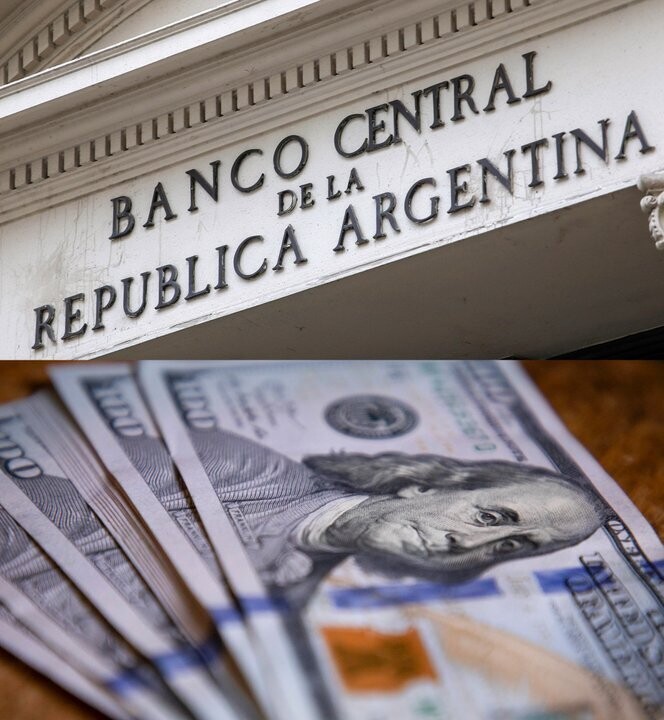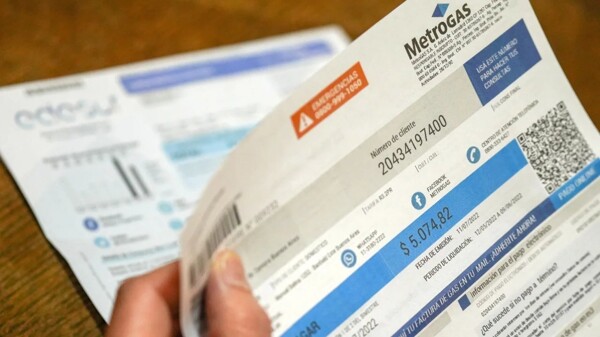
During this period, the country's international reserves experienced a decrease of US$ 29 million, reaching a total of US$ 29.427 billion. The decline is largely attributed to the demand from Argentines vacationing abroad, especially in destinations like Brazil.
The official retail dollar, excluding taxes, was set at $1,024.19 for purchase and $1,082.36 for sale. On the other hand, the Cash with Settlement (CCL) was traded at $1,194.09, presenting a spread of 13.3% compared to the official quotation. Meanwhile, the card or tourist dollar operated at $1,396.85, while the savings dollar remained at the same level.
Regarding the Bitcoin dollar, its quotation was set at $1,195.99. In the Central Bank's last intervention, only US$ 9 million were acquired, marking the fourth consecutive positive balance. However, international reserves continue to decline, with a decrease of US$ 29 million on this day, accumulating nine declines in the last 11 sessions.
In the foreign exchange market, the wholesale dollar was offered at $1,054.25, maintaining the same value as the previous day. According to the Central Bank's announcement, starting this month, the official exchange rate will be adjusted at a rate of 1% per month, being 2.1% in January. The blue dollar slightly decreased to $1,215, creating a gap of 15.3%.
Additionally, the MEP dollar operated at $1,184.30, establishing a gap of 12.3% compared to the official exchange rate. On the other hand, Bitcoin remained at US$ 100,357.61. Despite efforts, the Central Bank continues to face difficulties in increasing its reserves.














